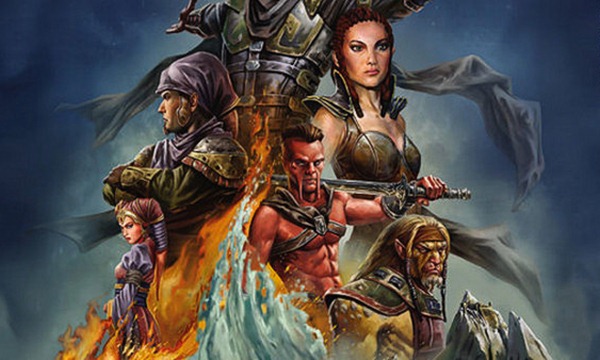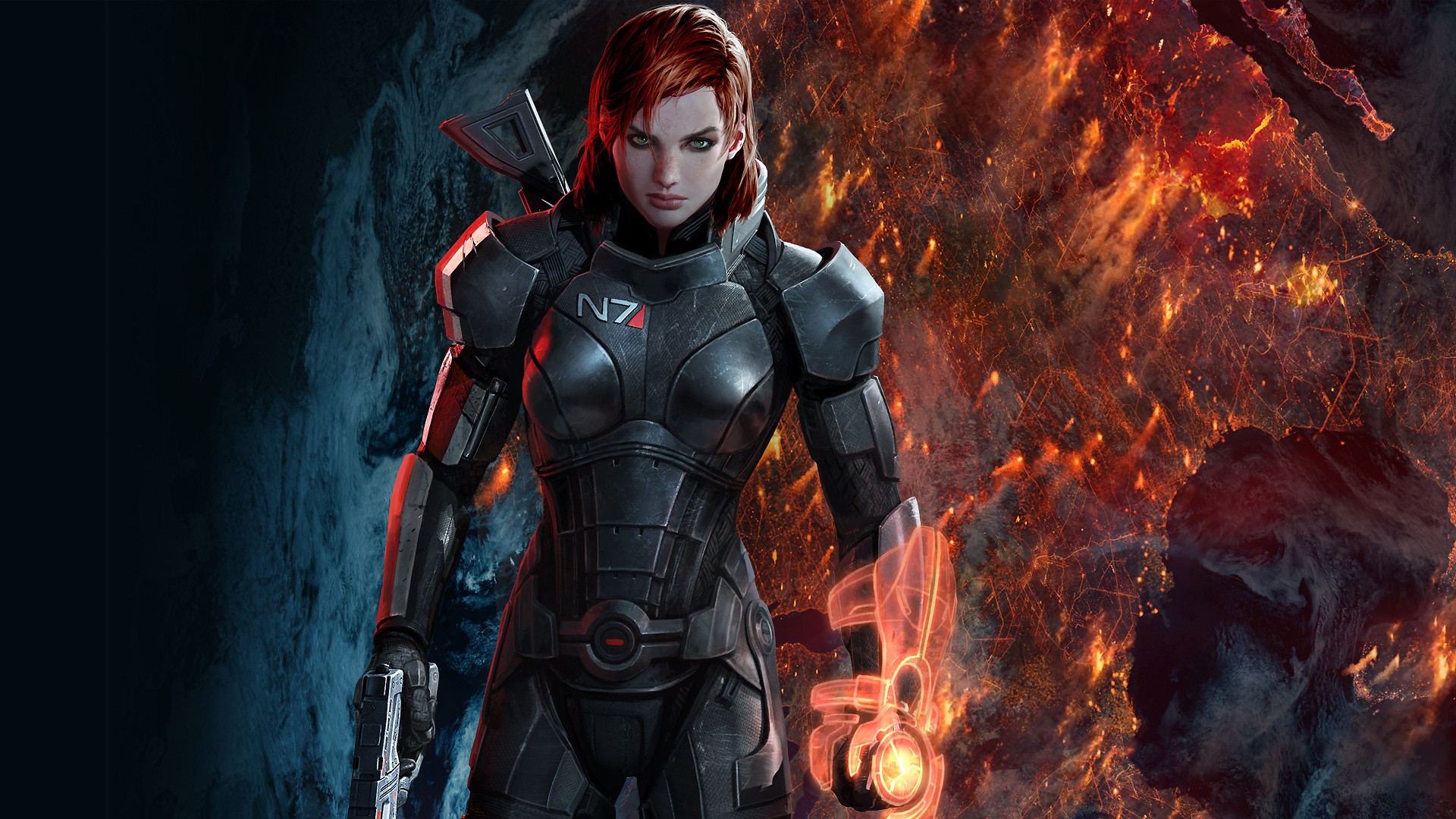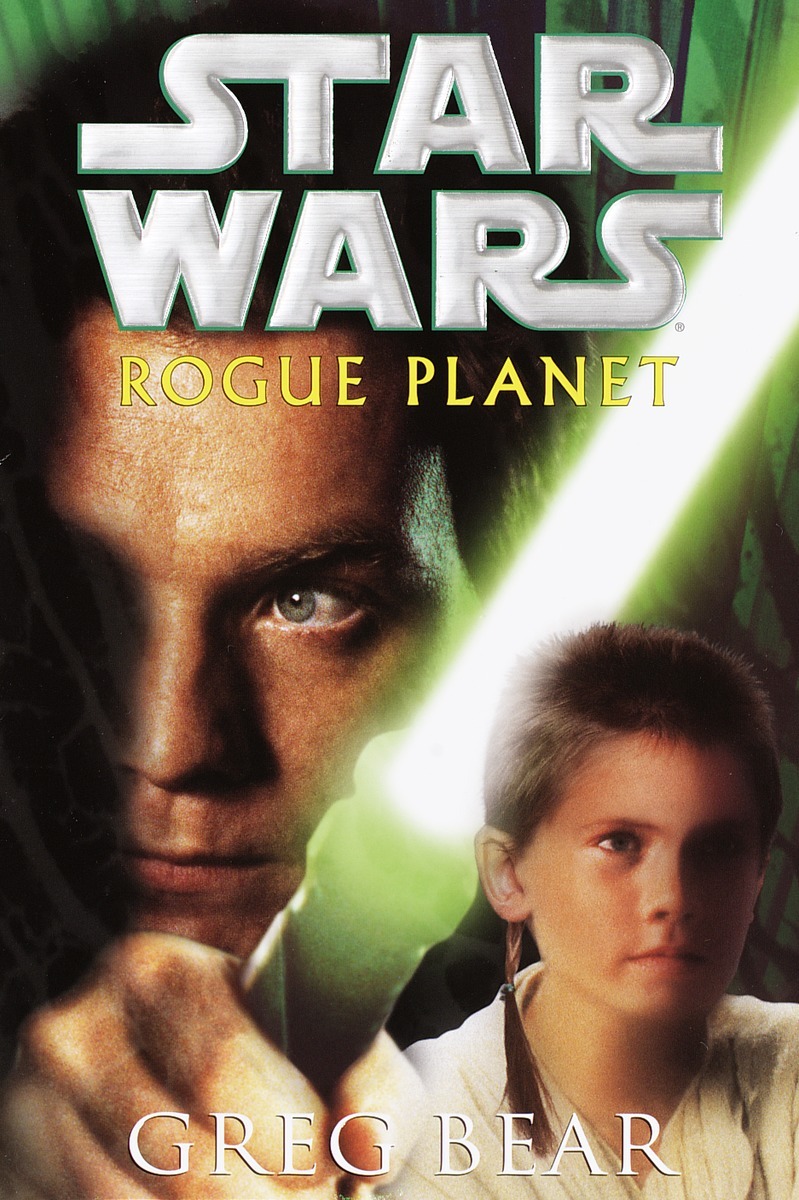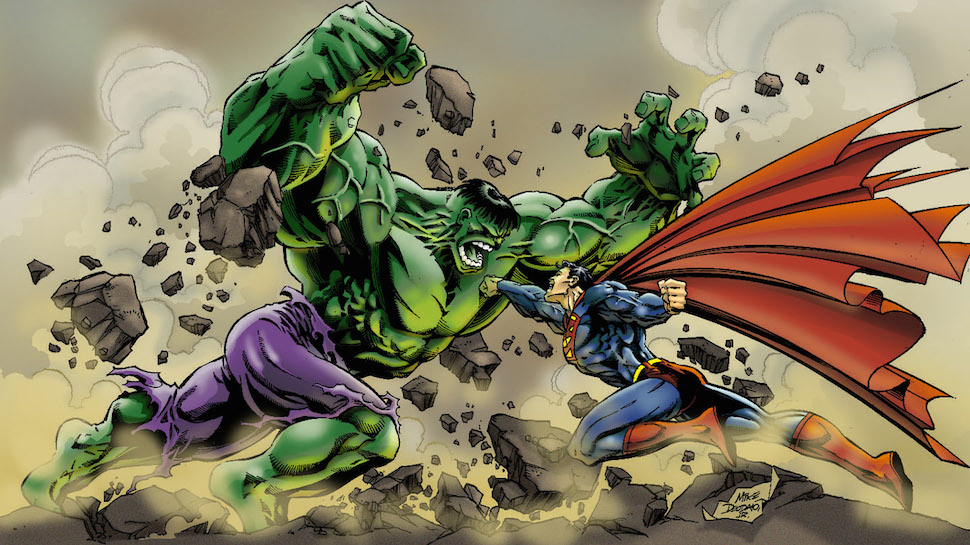
John Ostrander, alongside frequent collaborator Jan Duursema, has built up likely the most far-reaching Star Wars résumé ever—first with the prequel-era saga of Quinlan Vos, then far into the future with Luke Skywalker’s great (great?) grandson Cade in Legacy, and most recently going all the way back to the beginning in Dawn of the Jedi, which resumed this past month with the new miniseries Force War. If Star Wars history were a map, you could say that Ostrander/Duursema are the pins holding it up at the corners. John recently took the time to look back with us at Legacy‘s future, and forward at DotJ’s past.
Eleven-ThirtyEight: It’s been over seven years since Legacy first debuted in June 2007. You have been in the comic industry for decades and contributed to and/or created numerous titles. What are your thoughts on the impact Legacy had on the Expanded Universe and in your mind what is the legacy of this series?
John Ostrander: What is the legacy of Legacy? <g> To be honest – it beats me. Does it have one? It’s not something with which I concern myself very much. I do the work, I hope the stories entertain, and I let the legacy, if any, take care of itself.
Read More




